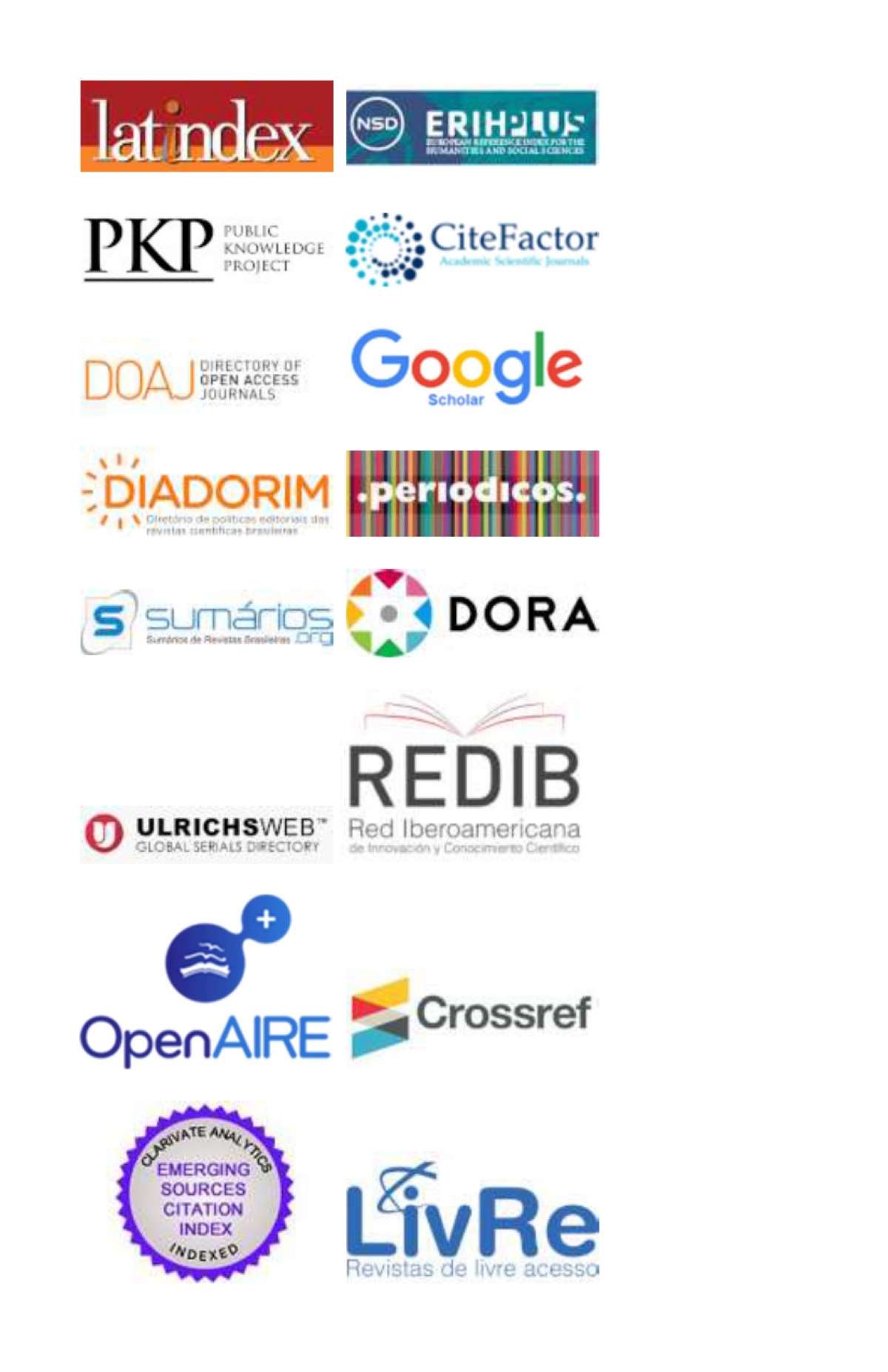SUPREMO CONCILIADOR?
ANÁLISE DOS CASOS ENCAMINHADOS À CONCILIAÇÃO NO ÂMBITO DO SUPREMO TRIBUNAL FEDERAL
DOI:
https://doi.org/10.21783/rei.v10i2.823Keywords:
Conciliation, Mediation, Conflict Resolution Methods, Supreme Federal Court, Constitutional ProcessAbstract
The article aims to analyze the reasons that influence the referral of cases for conciliation (and mediation) by the Supreme Federal Court and the role that consensual methods have played within the court. To this end, an empirical analysis of the data made available in the "Panel of Civil Agreements" of the Consensual Conflict Resolution Center of the Supreme Federal Court was conducted, through a qualitative analysis of the procedural documents of each case. Initially, there was a predominance of constitutional actions involving topics related to federative conflicts, public policies, and other issues with significant socio-political repercussions. Among the functions attributed to conciliation and mediation mechanisms, their use was observed in attempting to address conflicts in which an adjudicated solution would imply significant interference by the Judiciary in the Executive branch in budgetary and political terms. In complex and structural conflicts, negotiation emerges as a strategy for opening dialogue with technical bodies and political sectors, albeit with limitations regarding social participation. In cases of constitutional review, it is noted that the Court subjects not the assessment of constitutionality itself to negotiation, but rather tangential issues and the conjunctural circumstances that led to the questioning brought through the constitutional process.
Downloads
References
BRASIL. Constituição da República Federativa do Brasil. Brasil, 1988.
BRASIL. Lei nº 8.038, de 28 de maio de 1990. Institui normas procedimentais para os processos que especifica, perante o Superior Tribunal de Justiça e o Supremo Tribunal Federal. Brasília, 1990. Disponível em: https://www.planalto.gov.br/ccivil_03/leis/l8038.htm. Acesso em: 25 mar. 2024.
BRASIL. Lei nº 13.105, de 16 de março de 2015. Código de Processo Civil. Brasília, 2015. Disponível em: https://www.planalto.gov.br/ccivil_03/_ato2015-2018/2015/lei/l13105.htm.
BRASIL. Supremo Tribunal Federal. Regimento Interno. Brasília: STF, Secretaria de Altos Estudos, Pesquisa e Gestão de Informação, 2023. Disponível em: https://www.stf.jus.br/arquivo/cms/legislacaoRegimentoInterno/anexo/RISTF.pdf. Acesso em: 25 mar. 2024.
BRASIL. Lei nº 13.140, de 26 de junho de 2015. Dispõe sobre a mediação entre particulares como meio de solução de controvérsias e sobre a autocomposição de conflitos no âmbito da administração pública; altera a Lei nº 9.469, de 10 de julho de 1997, e o Decreto nº 70.235, de 6 de março de 1972; e revoga o § 2º do art. 6º da Lei nº 9.469, de 10 de julho de 1997. Brasília, 2015. Disponível em: https://www.planalto.gov.br/ccivil_03/_ato2015-2018/2015/lei/l13140.htm. Acesso em: 28 mar. 2024.
BRASIL. Supremo Tribunal Federal. Resolução nº 697, de 06 de agosto de 2020. Dispõe sobre a criação do Centro de Mediação e Conciliação, responsável pela busca e implementação de soluções consensuais no Supremo Tribunal Federal. Brasília, 2022. Disponível em: https://www.stf.jus.br/arquivo/norma/resolucao697-2020.pdf. Acesso em: 28 mar. 2024.
BRASIL. Supremo Tribunal Federal. Resolução nº 775, de 31 maio de 2022. Dispõe sobre a cooperação judiciária nacional no âmbito do Supremo Tribunal Federal. Brasília, 2022. Disponível em: https://www.stf.jus.br/arquivo/norma/resolucao775-2022.pdf. Acesso em: 28 mar. 2024.
BRASIL. Supremo Tribunal Federal. Resolução nº 790, de 22 de dezembro de 2022. Dispõe sobre a criação do Centro de Soluções Alternativas de Litígios do Supremo Tribunal Federal (CESAL/STF) e dá outras providências. Brasília, 2022. Disponível em: https://www.stf.jus.br/arquivo/cms/noticiaNoticiaStf/anexo/Resolucao790.pdf. Acesso em: 28 mar. 2024.
GODOY, Miguel Gualano de. O Supremo contra o processo constitucional: decisões monocráticas, transação da constitucionalidade e o silêncio do Plenário. Rev. Direito e Práx., v. 12, n. 02, 2021, p. 1043-1069. Disponível em: https://www.scielo.br/j/rdp/a/cxr7tsRvWjPjGNSKRt7v3WK/?format=pdf&lang=pt. Acesso em: 19 mar. 2024.
FISS, Owen M. Foreword: The forms of justice. Harvard Law Review, v. 93, p. 1, 1979.
LIMA, Caroline Santos. Primeiras reflexões sobre a jurisdição constitucional consensual. Revista Contemporânea, v. 4, n. 2, 2024, p. 01-16. Disponível em: https://ojs.revistacontemporanea.com/ojs/index.php/home/article/download/3341/2546/9900. Acesso em: 19 mar. 2024
RIBEIRO DE SOUZA JÚNIOR, E.; BINDA, Rosana Júlia. Conciliação e mediação no âmbito da Suprema Corte: mudança de paradigma e desjudicialização processual. Revista de Doutrina Jurídica, Brasília, v. 113, n. 00, p. e022014, 2022. Disponível em: https://revistajuridica.tjdft.jus.br/index.php/rdj/article/view/827. Acesso em: 20 mar. 2024.
SILVA, Érica Barbosa e. Conciliação Judicial. Brasília: Gazeta Jurídica, 2013.
SILVA, Leonardo Carvalho de. Autocomposição no STF e o tratamento adequado de conflitos complexos. Dissertação (Mestrado) - Escola de Direito, Fundação Getulio Vargas, São Paulo, 2022. Disponível em: https://repositorio.fgv.br/server/api/core/bitstreams/e0775b59-3827-47a8-8cb8-3054a08e9364/content. Acesso em: 24 mar. 2024.
SILVA, Leonardo Carvalho da. Autocomposição no STF e o tratamento adequado de conflitos complexos. Dissertação (Mestrado Profissional) – Escola de Direito, Fundação Getulio Vargas, São Paulo, 2022. Disponível em: https://repositorio.fgv.br/items/ac4a40dc-3f1a-4d7a-8807-57abd314900d. Acesso em: 24 mar. 2024.
TAKAHASHI, Bruno. Desequilíbrio de poder e conciliação: o papel do conciliador em conflitos previdenciários. Brasília: Gazeta Jurídica, 2016.
TARTUCE, Fernanda. Mediação nos Conflitos Civis. 5ª Edição. Rio de Janeiro: Forense, 2022.
VEIGA, Guilherme. Mediação nas cortes superiores: da teoria à prática. Londrina: Thoth, 2023.
VITORELLI, Edilson. Processo Civil Estrutural: teoria e prática. Salvador: Editora JusPodivm, 2020.
Downloads
Published
How to Cite
Issue
Section
License
Copyright (c) 2024 Maria Cecília de Araujo Asperti, Danieli Rocha Chiuzuli

This work is licensed under a Creative Commons Attribution-NonCommercial 4.0 International License.
The authors hold their copyright and concede to the JOURNAL OF INSTITUTIONAL STUDIES the right to the first publication, in accordance with the Creative Commons Attribution license.
Authors are strongly encouraged to publish their manuscripts in other medias, such as institutional repositories and personal pages. The Journal only requires the credits of the first publication.






